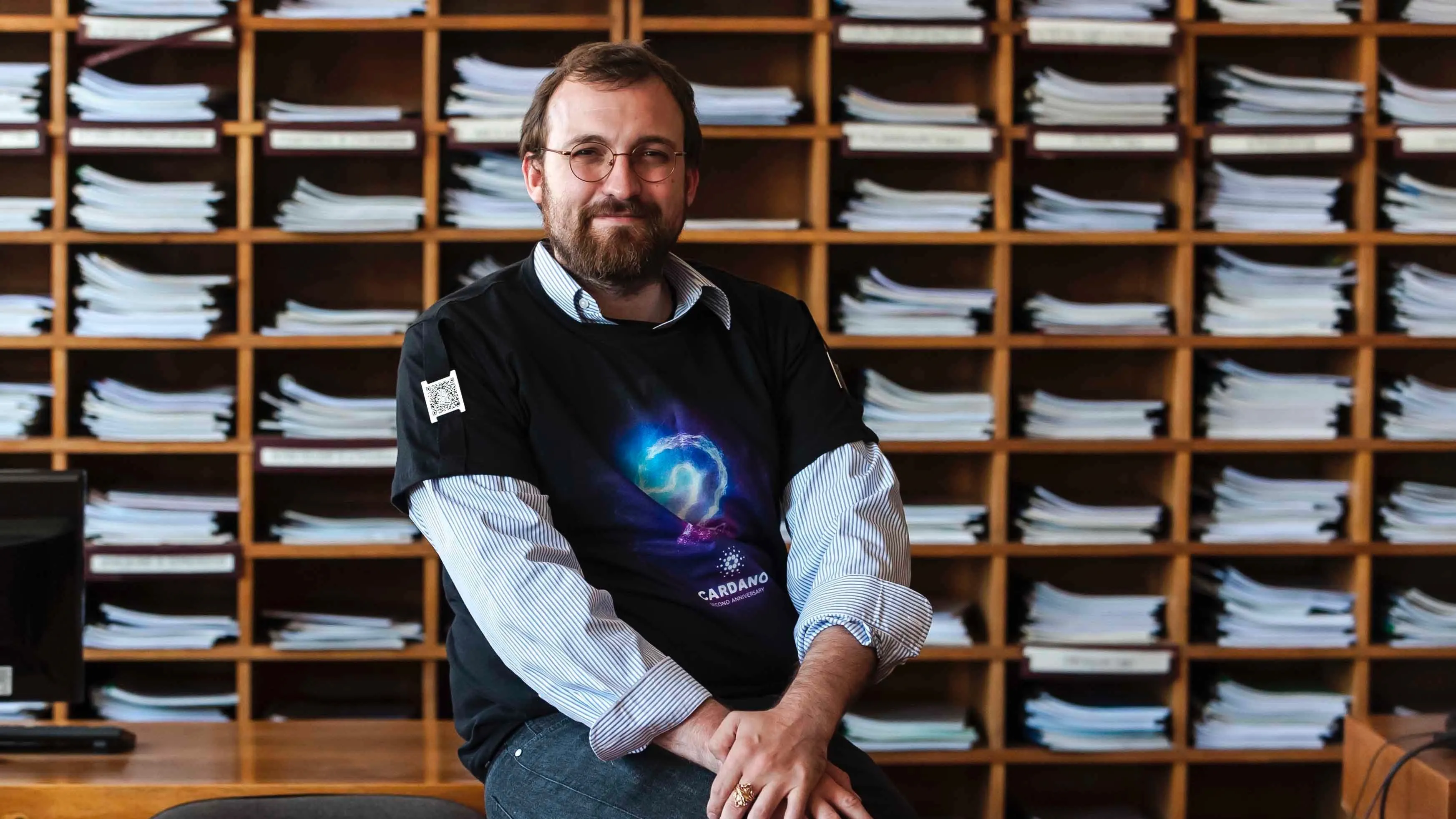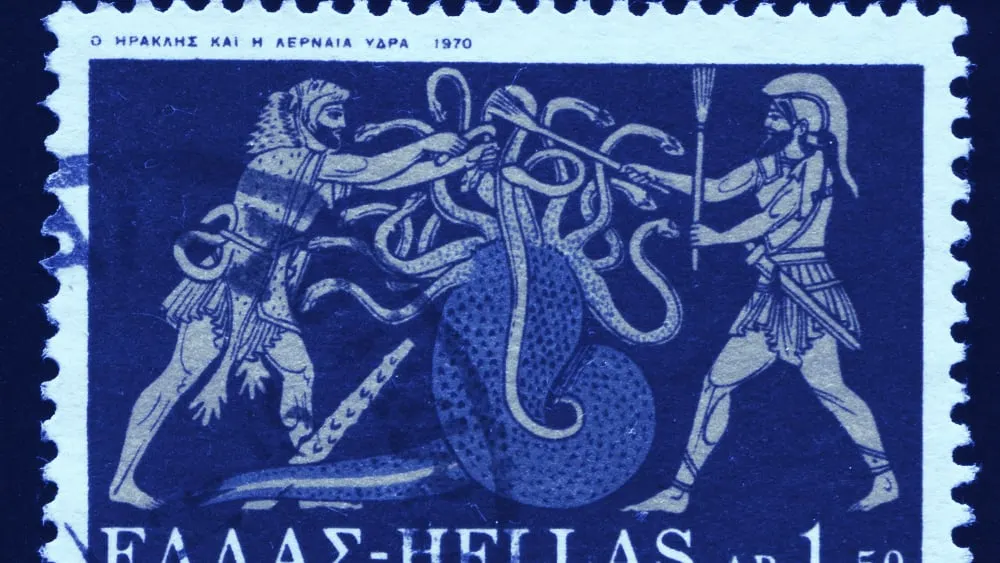In brief
- Cardano developer IOHK has announced a second-layer scaling solution Ouroboros Hydra.
- The protocol will generate 10 "heads" for each user, scaling up the network.
- Hydra aims to lower fees and make various applications more feasible.
Today, blockchain technology company IOHK, led by Ethereum co-founder Charles Hoskinson, has announced its second-layer scalability solution for the Cardano blockchain—Ouroboros Hydra.
According to a press release, the Hydra protocol will improve Cardano’s scalability—meaning it can handle more transactions—and result in lower transaction fees. This should make it easier for applications running on the blockchain to operate and encourage more use of the network.

“Solving the scalability question is the holy grail for the whole blockchain space. The time has come to apply a principled, evidence-based approach in designing and engineering blockchain scalability solutions and this research is a decisive step in this direction,” noted Aggelos Kiayias, director of Edinburgh University’s Blockchain Laboratory.
Hydra is a second-layer blockchain scaling protocol, meaning it will sit on top of Cardano’s main protocols and improve its functionality.
Notably, the name “Ouroborous Hydra” is not just for kicks. The protocol uses a system where each user connected to the network will generate 10 additional “heads.” Each of them will provide an extra “lane” of throughput for data and transactions. This way, the blockchain should actually become faster as it scales—not slower.
“Our Ouroboros Hydra solution is the result of a colossal international research effort, spanning five years, that aimed to solve the security and scalability problems affecting blockchain,” Hoskinson said, adding, “Once implemented, it will allow the Cardano blockchain platform to scale to process more transactions than any other blockchain or traditional payment system.”
University of Edinburgh’s simulations reportedly showed that each of Hydra’s “heads” can handle around 1,000 transactions per second. Thus, the network can scale to a million transactions per second with 1,000 “heads.”
For the past years, Hydra was funded by the European Union’s “Privilege Project” in its effort to unite European researchers in the field of cryptography distributed ledger technologies.
The price of Cardano’s ADA didn’t react to the news at the time of writing. Ranked 15th by its market capitalization, the coin is down roughly 1.81% on the day and trading at around $0.029, according to crypto metrics site CoinMarketCap.
So far, blockchains have struggled to scale without compromising on centralization. But has Cardano finally cracked it or is this just more Greek mythology?

